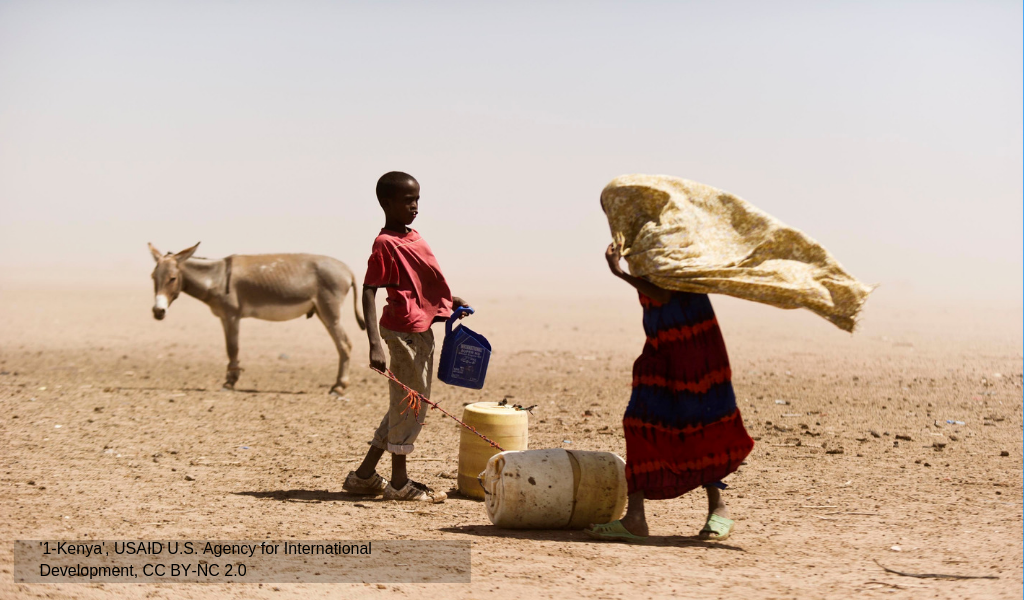Fellows, professional staff and students from IDS will be attending the Development Studies Association (DSA) annual conference to be held in Milton Keynes. This year’s conference is hosted by the Open University and has a central theme of ‘Opening up Development’. A wide range of development studies interests will be touched upon at the conference. This year there has been a greater push to open up the conference to more scholars from the Global South.

What does ‘opening up development’ mean?
The central theme of ‘Opening up development’ looks to the shifts in international political economy, the evolution of development intervention and is a call to de-colonise the teaching of development studies. The scope of the planned discussions aims to reflect the changing international development landscape with a mix of conventional panels with open forum events.
Questions that will be discussed include what effect globalisation has had in creating the huge flow of goods and capital around the world while also increasing the spread of inequality, exploitation and conflict? What impact has the Conservative government’s austerity had the most venerable? If charity begins at home should development practitioners have a more internally facing approach? Should ‘big data’ be controlled by global corporations or be opened up to public scrutiny and ownership? What does the growth of authoritarian populism mean for development and what evolution’s are we seeing in those who are fighting to combat its rise? And what implications does this have for openness in development as well as democratic and civic spaces?
IDS participation
IDS will have an exhibition stand at the conference with our latest publications, information about our research as well as our MA, PhD and short course materials.
Several research fellows will be presenting papers and taking part in panel session over the course of the two days:
Stephen Devereux – External actors and the rise of social protection in Africa: A case study of Zimbabwe
This panel looks to bring together research on the ‘politics of implementation’ and the political impacts of social protection programmes, examining the impacts of social protection on state-society relations more broadly, as well as highlighting drivers of variation within and between countries.
Keetie Roelen – The Relevance of Institutions and People’s Preferences in PSNP and IN-SCT programmes in Ethiopia
This panel aims to bring together research on these topics, highlighting drivers of variation within and between countries, as well as examining the impacts of social protection on state-society relations and politics more broadly. Theoretical debates from the welfare state literature and the politics of development suggest fruitful lines of enquiry, with the politics of implementation an essential determinant both of the impacts of social protection programmes and their future sustainability.
Becky Faith – Squaring the circle of mobile for good: do digital inequalities deepen existing axes of inequality
Conceptualises, analyses and evidences the emergence of ‘digital development’ as new digital technologies – platforms, data, industry 4.0, etc – change the development landscape: opening up social, economic, political opportunities; but also reinforcing old inequalities.
Alex Shankland – The end of the era of institutionalised participation and the implications for rights struggles in rural Brazil
Will growing restrictions on liberal civil society block inclusive and equitable development or empower governments to take necessary development decisions? Are they driven by values or by greed? This panel will engage with the contradictions of changing civic space in developing countries.
Jodie Thorpe – Inclusive structural change: case study on innovations in breeding practices in Kenya
The panel explores new forms of inclusive innovation for development that reduce or mitigate inequality in marginalised and lower-income populations as well as contestations from theoretical and/or empirical viewpoints.